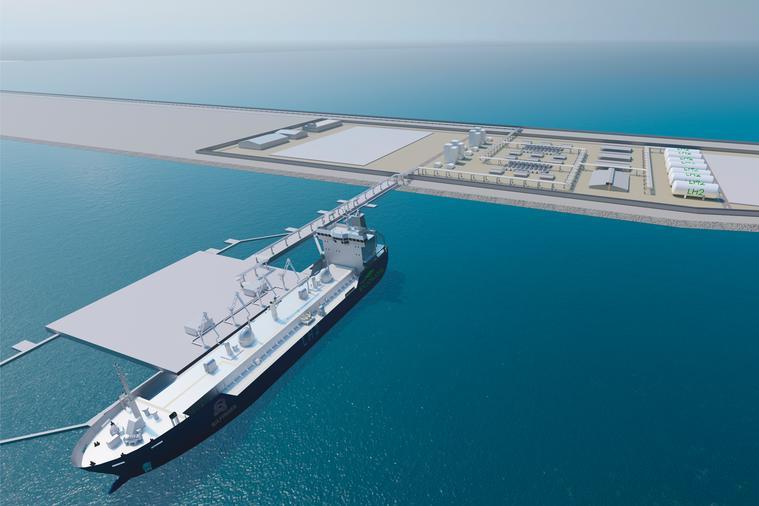Oman, Netherlands, and Germany to Develop World's First Liquid Hydrogen Import Corridor
Key Ideas
- Oman, the Netherlands, and Germany have signed an agreement to develop the world's first liquid hydrogen import corridor, connecting key ports and logistics hubs.
- The corridor aims to enable the import of green hydrogen produced using renewable energy, supporting sustainable clean energy transitions in Europe.
- Oman is committed to becoming a significant player in the global green hydrogen economy, with investments to produce renewable hydrogen and decarbonize by 2030.
- Tata Steel Nederland, a key player in the agreement, is in talks with the Dutch government to transition its steel mill to a cleaner operation powered by natural gas or hydrogen.
Major industrial groups from Oman, the Netherlands, and Germany have signed an agreement to develop the world's first liquid hydrogen import corridor. The corridor will connect the port of Duqm in Oman, the port of Amsterdam in the Netherlands, and key logistics hubs in Germany, facilitating the import of green hydrogen produced using renewable energy to Europe. Oman's commitment to the global green hydrogen economy is evident as it aims to produce at least 1 million tons of renewable hydrogen annually by 2030, positioning itself as a significant hydrogen exporter. The agreement includes infrastructure projects such as export and import facilities in the mentioned ports, as well as pipe and rail networks for hydrogen transport. Tata Steel Nederland, a party to the agreement, is pursuing a transition to cleaner operations at its steel mill near Amsterdam, demonstrating a commitment to sustainability and green hydrogen. The development signifies a step towards a sustainable economy based on green hydrogen in the region, reflecting a positive sentiment towards hydrogen and environmental sustainability.
